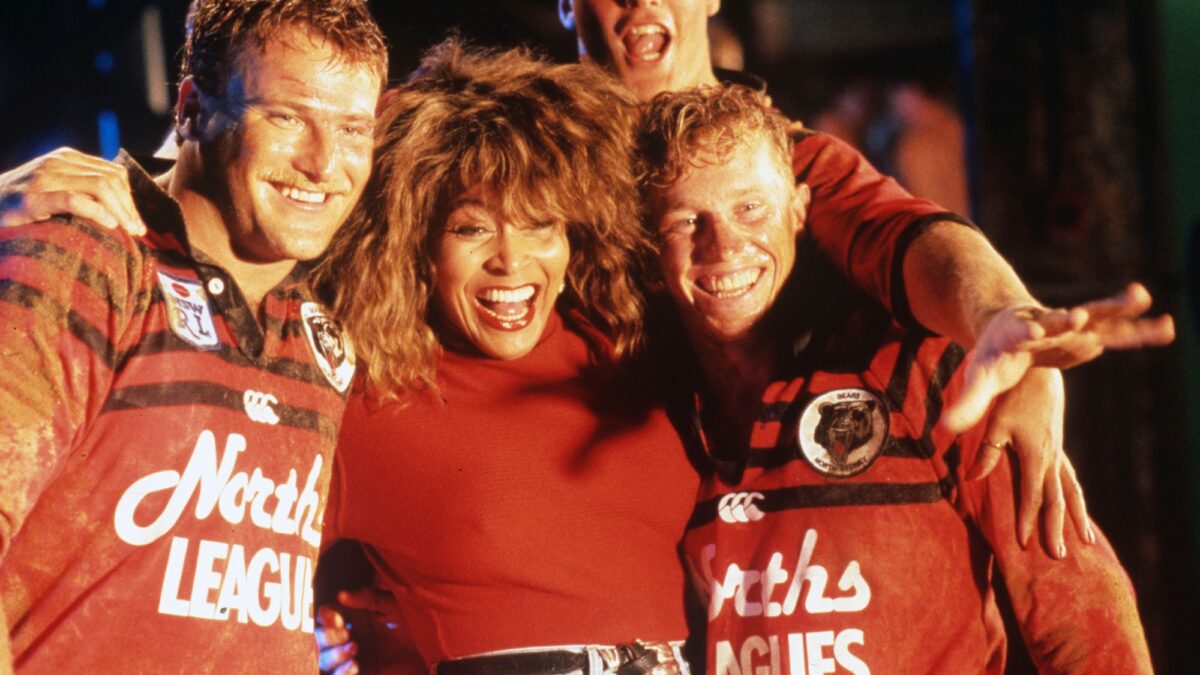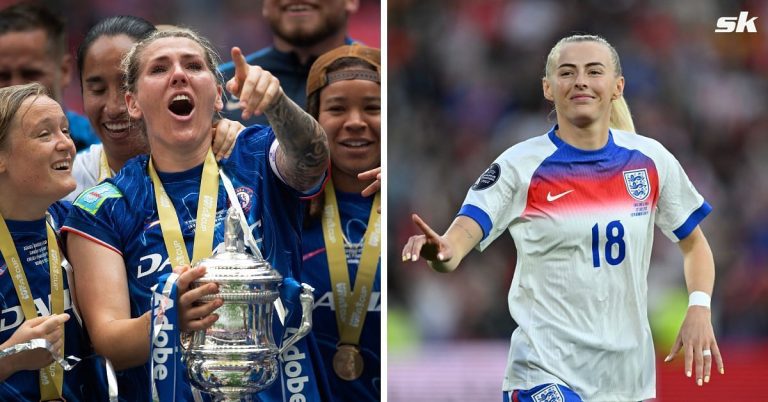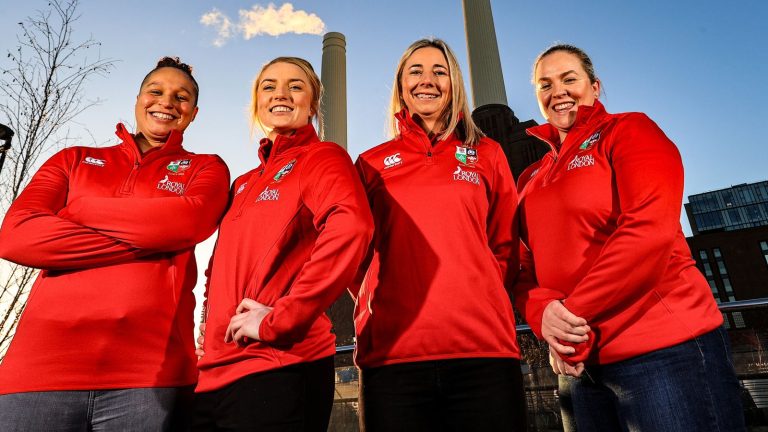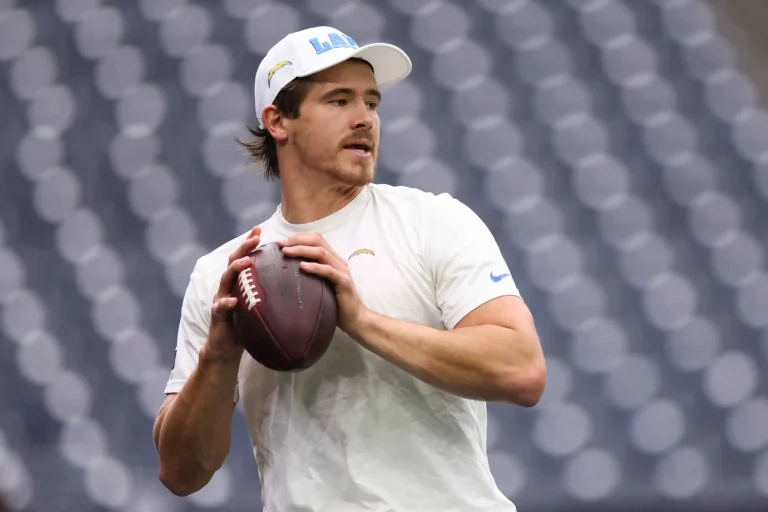It’s hard enough for any expansion team in any Australian sport to establish itself, let alone become successful, particularly when you are forced to take on elements of a team from the other side of the country.
The people of Perth, the world’s most isolated capital city, have an in-built cynicism about anything that comes from “over east” and making them inherit the North Sydney Bears’ DNA may be a popular decision in some sections but it’s not the right one.
Increasingly, the ARL Commission and NRL decision makers feather their own nest by playing to the choir of their heartland areas and demographics.
As in, if a decision goes down well with the rusted-on, hard-core, middle-aged to older white males who remember teams like North Sydney and Newtown, then any expansion idea is thrown on the table.
Make the Perth bid take on the Bears as part of their deal? Done. Revive the Newtown Jets brand with another expansion option? Let’s see what can be arranged.
It’s a worldwide trend in politics for promises to be made that appeal to the lowest common denominator and rugby league is a multi-headed political beast which feeds off the adulation of a mob mentality which trumps more prudent strategies.
Rather than looking to revive long-gone teams of the past, the NRL should be trying to forge new identities in expansion regions which will be embraced by those areas.
It might not be the popular option with AM talkback radio listeners or the fans who still read newspapers but it would be the smart one long term.
And this is being written by someone who grew up with the Bears, like most people, as my second favourite team.

Tina Turner with Bears players in one of her iconic early 1990s league advertisements.
They were the lovable losers in the 1980s with the cool logo and striking red and black colours who morphed into a fearsome side the following decade, making the finals most years but just coming up short.
Those Friday night or Sunday afternoon games at the iconic, but outdated, North Sydney Oval were must-watch affairs – led initially by Peter Jackson, then Jason Taylor and Greg Florimo, with the hardest working forwards in the league like Gary Larson, Billy Moore and David Fairleigh.
Their retro Avco Finance jerseys in the Mark Graham era – before they modernised with too much white in the ’90s – are some of the best that have ever been worn on a footy field.
But the reality is the Bears pretty much always struggled in their 92 years as a standalone entity – a league team in union territory with just two titles in 1921-22 in the cabinet.
This Western Bears proposition is not like the Minneapolis Lakers basketball team or the Brooklyn Dodgers baseballers coming to Los Angeles because they didn’t have a team or even like the South Melbourne and Fitzroy VFL clubs heading north to Sydney and Brisbane respectively.
The Swans and Lions were given multiple leg-ups and financial advantages by the AFL to eventually thrive in rugby league markets, creating an uneven playing field that fans of the other clubs still complain about.
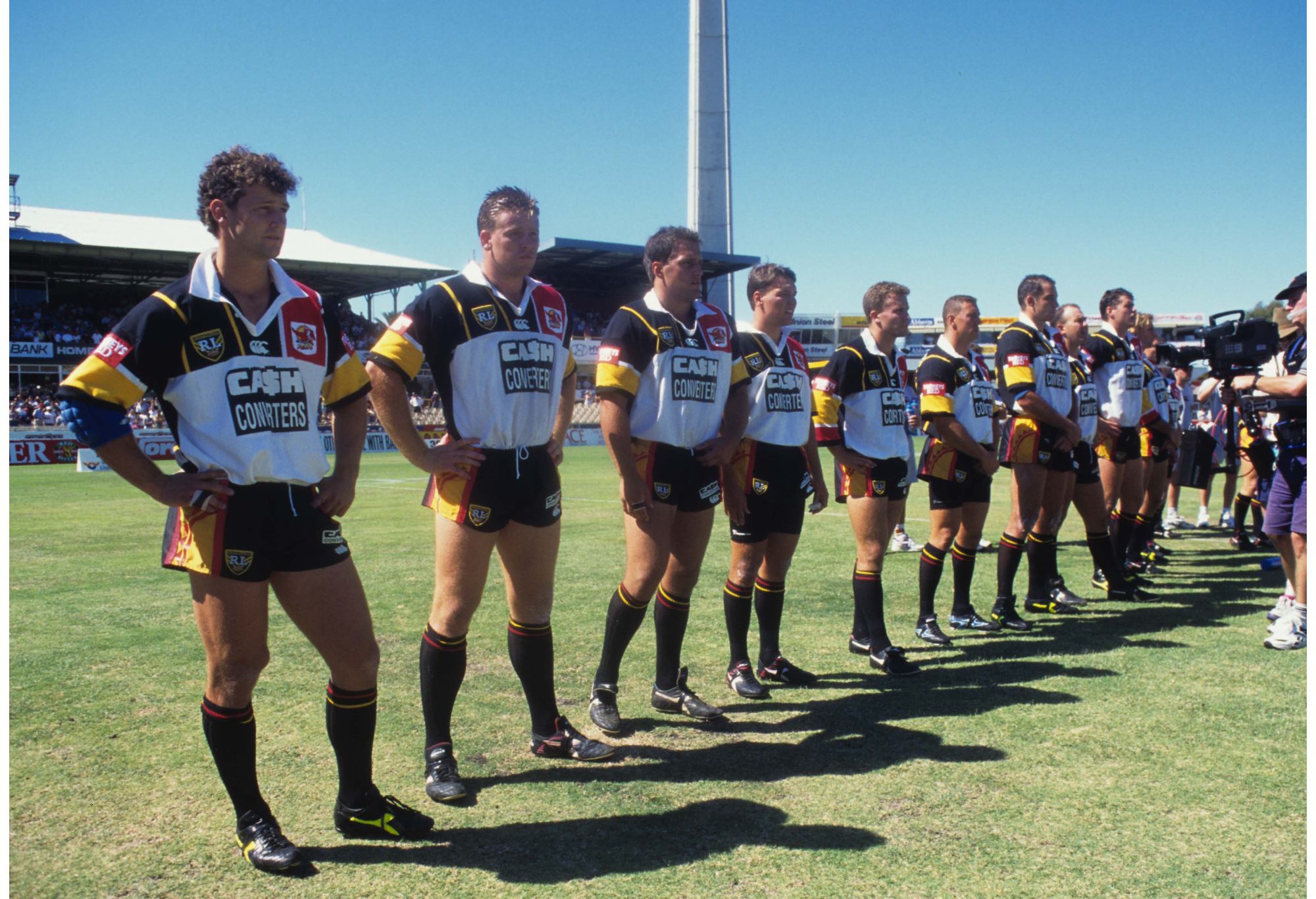
Western Reds captain Brad Mackay with the foundation team in 1995. (Getty Images)
After all the argy-bargy between the ARL Commission and the Western Australian Government over getting this bid over the line – it is still not signed and sealed – there is going to be little extra assistance for this team to hit the ground running when it potentially kicks off in 2027.
That would mean the opening pre-season training for this side is roughly 18 months away. Why the rush?
If the Western Bears bid officially gets off the ground, wait an extra year so that they enter alongside the Papua New Guinea side when the new broadcast rights deal kicks in.
Brad Arthur is set to be installed as Perth’s inaugural coach so they will have an experienced operator at the helm and most of the NRL’s top talent is already under lock and key for 2027.
The Dolphins, when they came into the big league in 2023, were basically given a pat on the back from head office and told to do their best with recruitment.
Even with Wayne Bennett conducting the sales pitches, they found it extremely hard to convince high-profile recruits to relocate to Redcliffe.
PNG’s bid has already been given a boost with a deal cut so that player salaries will be tax free and even that won’t be enough to convince potential recruits to relocate to one of the most dangerous cities in the world.
Perth’s team will go the way of the Western Reds in the turbulent 1990s and be gone within a few seasons if the NRL can’t cut them some slack with methods like an exemption to negotiate with players earlier than the November 1 deadline or an inflated salary cap in their early years.
A generation later, rugby league is repeating the mistakes of the past with rapid expansion and when the nostalgia afterglow fades, it is going to be a tough slog for this Perth team.
